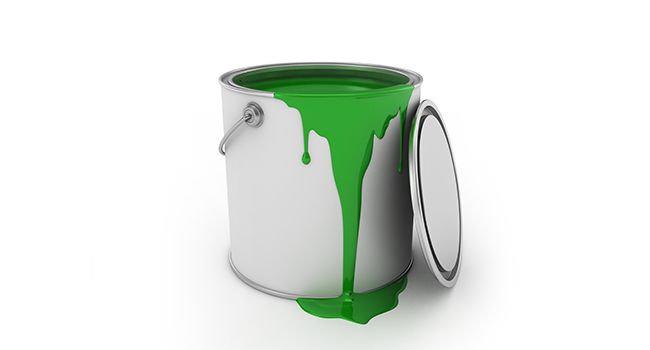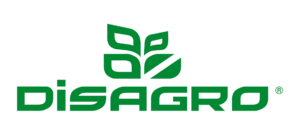Industrial Chemicals
At DISAGRO, we are leaders in the distribution and commercialization of chemical products in the Central American market, providing personalized service and logistics customized for our clients’ needs. We have local offices in each country where we operate, allowing us to offer local invoicing and partial shipments from our warehouses, ensuring quality and timely delivery.
Our infrastructure allows us to handle bulk products or various packaging options, ensuring proper management of products throughout the entire logistics chain. This versatility enables us to serve a range of industries, including food, sugar, detergents, cosmetics, pharmaceuticals, textiles, paper, plastics, rubber, leather, and more.
The extensive portfolio of industrial chemicals includes:
Industrial sulfur
We offer elemental sulfur distribution in the form of powder, tablets, or granules suitable for each industrial process. Sulfur is used in the production of sulfuric acid for batteries, gunpowder manufacturing, rubber vulcanization, sugar processing, petroleum refining, pigment production, steel treatment, non-ferrous metal extraction, detergents, plastics, and fibers. We are regional leaders in the sale of this raw material, which is distributed in 50 kg and 1,000 kg bags.
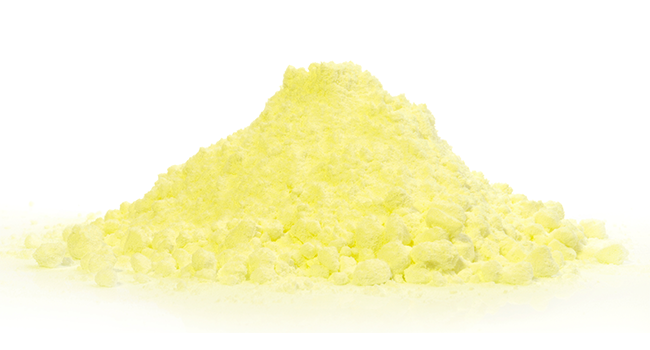
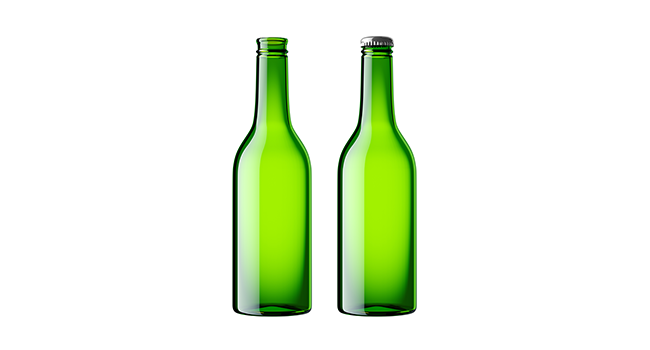
Anhydrous sodium sulfate
This mineral is used in the manufacture of textiles, glazing windows, paper, carpet fresheners, starch, as a clarifying agent to help remove small air bubbles from molten glass, and as a feed additive for livestock. We handle the grade required for textiles, detergents, and food products. It is distributed in 25, 50, and 1,000 kg bags.
Sodium silicate
Sodium silicate is a chemical product with a wide range of applications and also serves as an eco-friendly alternative in formulations and processes. Some of its uses for our clients include in soaps and detergents, inks and pigments, textiles, pulp and paper, adhesives, civil construction, mining, foundry, ceramic materials, insulation and refractory materials, metal surface treatment, and water and effluent treatment. It is distributed in 1,000 kg bags.

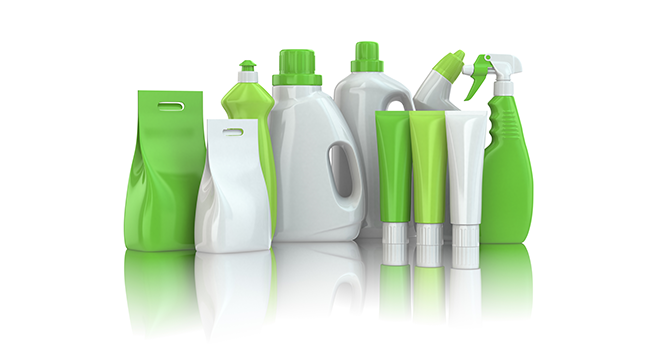
Nonylphenol ethoxylate
It is a surfactant specialized in various molarities for cleaning products used in human, industrial, and institutional applications. It also functions as a dispersant, solubilizer, and co-emulsifier. It is stable in both acidic and alkaline media and compatible with other types of emulsifiers (non-ionic, anionic, cationic, and amphoteric). It can be used in the formulation of household cleaners, industrial and institutional cleaners, emulsion paints, and formulations for the textile industry. It is distributed in 215 kg drums.
Propylene Glycol
It is a product that meets the standards for food, pharmaceutical, and cosmetic use or for industrial-grade applications. It can be used as a direct or indirect additive. It has no characteristic odor or color, which means it does not alter the product’s appearance or aroma as intended by the manufacturer. Its purity and technical characteristics make it applicable in various industrial specialties, such as heat transfer medium in the production of beer, milk, ice cream, and other beverages. It acts as an emollient, softener, and humectant for cosmetics, and a solvent for flavors, fragrances, and food colorants, among other uses. The product is available in USP or industrial grades in 215 to 220 kg drums or in bulk.
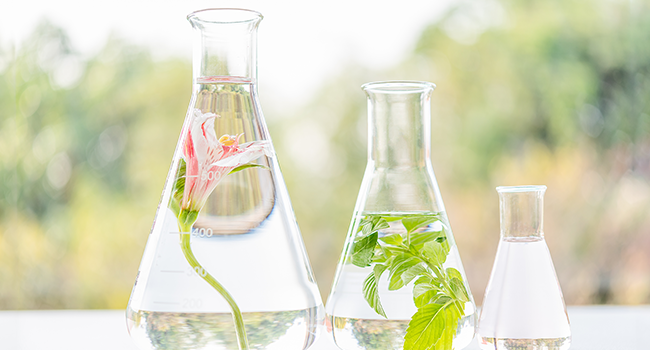

Diethylene Glycol
Its high hygroscopicity and marked differences make it used in various applications, primarily in polyester resin production and brake fluid; as a plasticizer for cellophane, paper, and cork; and as a coalescing agent in paints, among other applications. It is distributed in drums or 215 or 220 kg barrels.
Glycerin
It is a humectant, water-soluble, emollient, and tasteless product used as a sweetener, preservative, and thickening agent in varnishes, paints, and even biodiesel, as well as in industrial lubrication, meats, syrups, and personal care products. It is distributed in 250 kg drums in bulk, industrial, or USP grade.
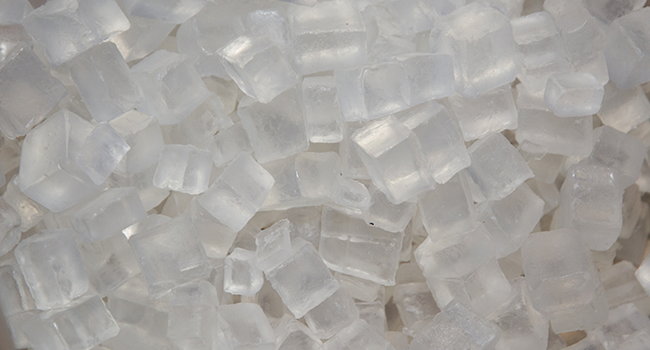
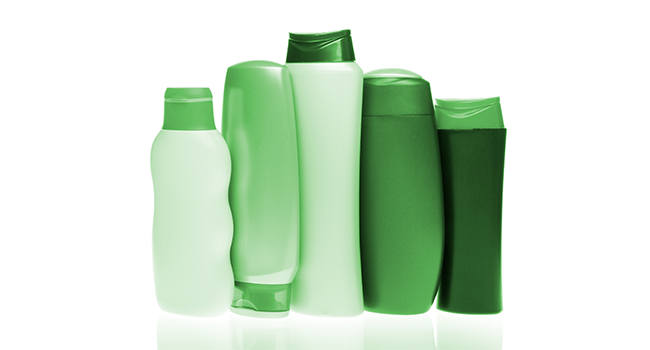
Sodium Lauryl Ether Sulfate
It is an anionic surfactant used in the production of cleaning products, household detergents, and personal care and cosmetic products. It does not irritate the skin and is of natural origin. It is considered a universal surfactant due to its easy degradation and foaming properties. Its high compatibility with the skin, along with its moisturizing and emulsifying capabilities, make it one of the most widely used raw materials in the cosmetic industry. It is distributed in bulk or in drums of 170 to 220 kg.
Anhydrous citric acid
This material performs well in the food or industrial industry as a primary additive, acting as an acidulant, antioxidant, and preservative in carbonated beverages, candies, and other foods. It is distributed in 25 kg bags.
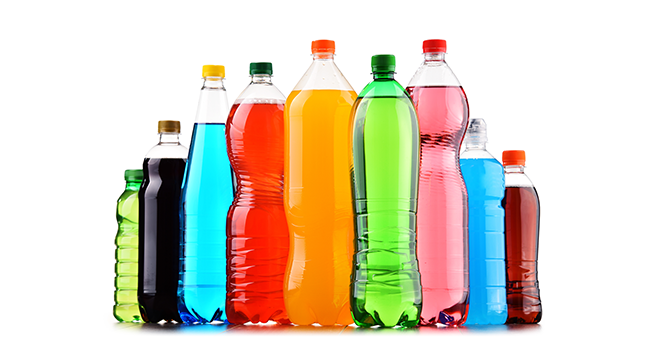
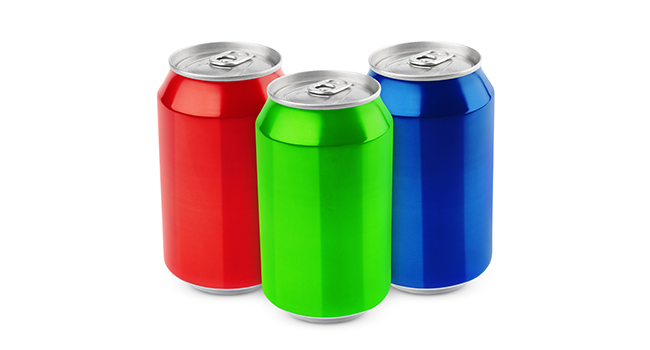
Phosphoric acid
Also known as orthophosphoric acid. Its primary use is in the food industry as a flavoring agent. It serves as an acidulant in canned beverages and sodas, as a pH adjuster in beer, for clarification in the sugar industry, and as a nutritional agent in wine and the pharmaceutical industry. It is distributed in tankers or in 35 kg containers in food-grade or industrial grades.
Oxobiodegradable additives:
d2w additive
The technology behind the d2w additive transforms plastic at the end of its useful life into a material that returns to nature without causing any harm, through a process called oxobiodegradation. The d2w additive ensures that the plastic maintains its original properties but controls its lifespan so that it performs its function and then degrades completely. Also, it can be reused and recycled. It has been proven that plastics containing the d2w additive begin oxodegradation in the third year and are fully biodegradable within 5 years. In contrast to conventional plastics that have a degradation process of over 100 years. This new technology offers significant environmental benefits by helping to reduce the burden of plastic waste.

Smart plastic interaction cycle
The d2w additive is regularly inserted at 1% into the polymer’s base resin during the manufacturing process, maintaining the plastic’s properties throughout its useful life.
- At the end of its predetermined service life, degradation begins in the presence of oxygen. The process is accelerated by ultraviolet rays, moisture, heat, and/or mechanical stress.
- The degradation of molecules and their fragmentation continues until they are small enough to allow microbial activity to biodegrade them.
The d2w additive is exclusively for use with polyethylene (PE) and polypropylene (PP).
The d2p additive provides protection against bacteria and fungi.
The d2p technology provides protection against microbes and fungi and is designed for specific applications. d2p is intended to protect against cross-contamination, sanitary infections, food contamination, and the development of bad odors, among others. It also extends the product’s shelf life, inhibits mold growth, which helps reduce the number of preservatives in food, and can significantly reduce food waste.
Cycle of Interaction of d2p
- The active ingredient penetrates the microorganism’s membrane, causing damage to the cell wall before entering the cell.
- It interacts with enzymes, deactivating their vital molecules.
- In the final stage, it interacts with the cell’s DNA to prevent reproduction.
d2p can be used in PE, PVC, PS, PET, and PP, making it suitable for plastic bottles, bags and films, food packaging, containers, utensils, and medical plastic products. It is typically recommended to add between 1% and 2% for protection against bacteria and fungi. It is distributed in 25 kg bags.

Carboxymethyl cellulose
It is a hydrocolloid highly useful in the food industry. It is tolerant to acidic environments, transparent, and viscous, making it well-suited for dairy products, baking, confectionery, beverages, cosmetics, and pharmaceuticals. It helps prevent the precipitation of casein and its viscosity affects products with protein content. It is distributed in 25 kg bags.
Sodium tripolyphosphate
This sodium salt contributes to increased effectiveness in detergents, being considered one of the main auxiliaries in their production due to its excellent performance as an emulsifier, dispersant, stabilizer, and chelating agent. It is distributed in 25 kg bags.
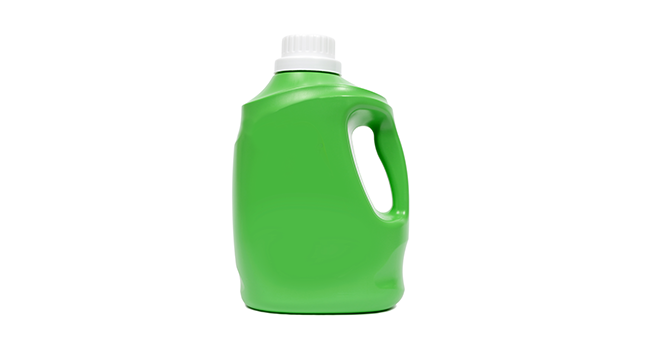
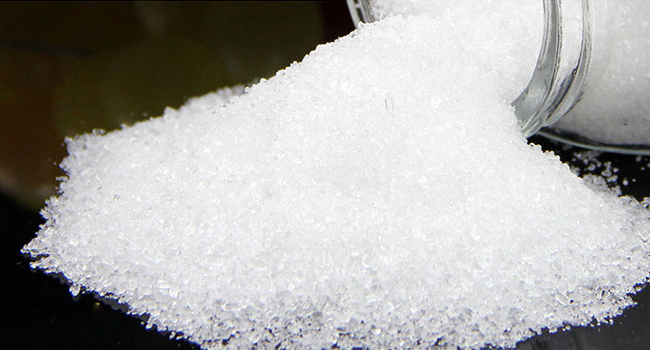
Magnesium sulfate heptahydrate
It is a chemical product derived from the mineral magnesium. It is a hydrated salt, but it can also be found without water, which is generally when it is used as a desiccant. Its industrial applications are due to its versatility for insulation materials, as it makes them difficult to ignite, stabilizes cellulose fibers, enhances the effectiveness of detergents and cleaning products, softens leather, and increases the durability of industrial soils. It is distributed in 25 kg bags.
Titanium dioxide
It is divided into rutile and anatase forms, which are used in processes for manufacturing paints, coatings, adhesives, paper, cardboard, plastics, rubber, printing inks, coated fabrics, textiles, catalytic systems, ceramics, floor coatings, roofing materials, cosmetics, pharmaceuticals, water treatment agents, food colorants, and in the automotive industry. It is distributed in 25 kg bags.
